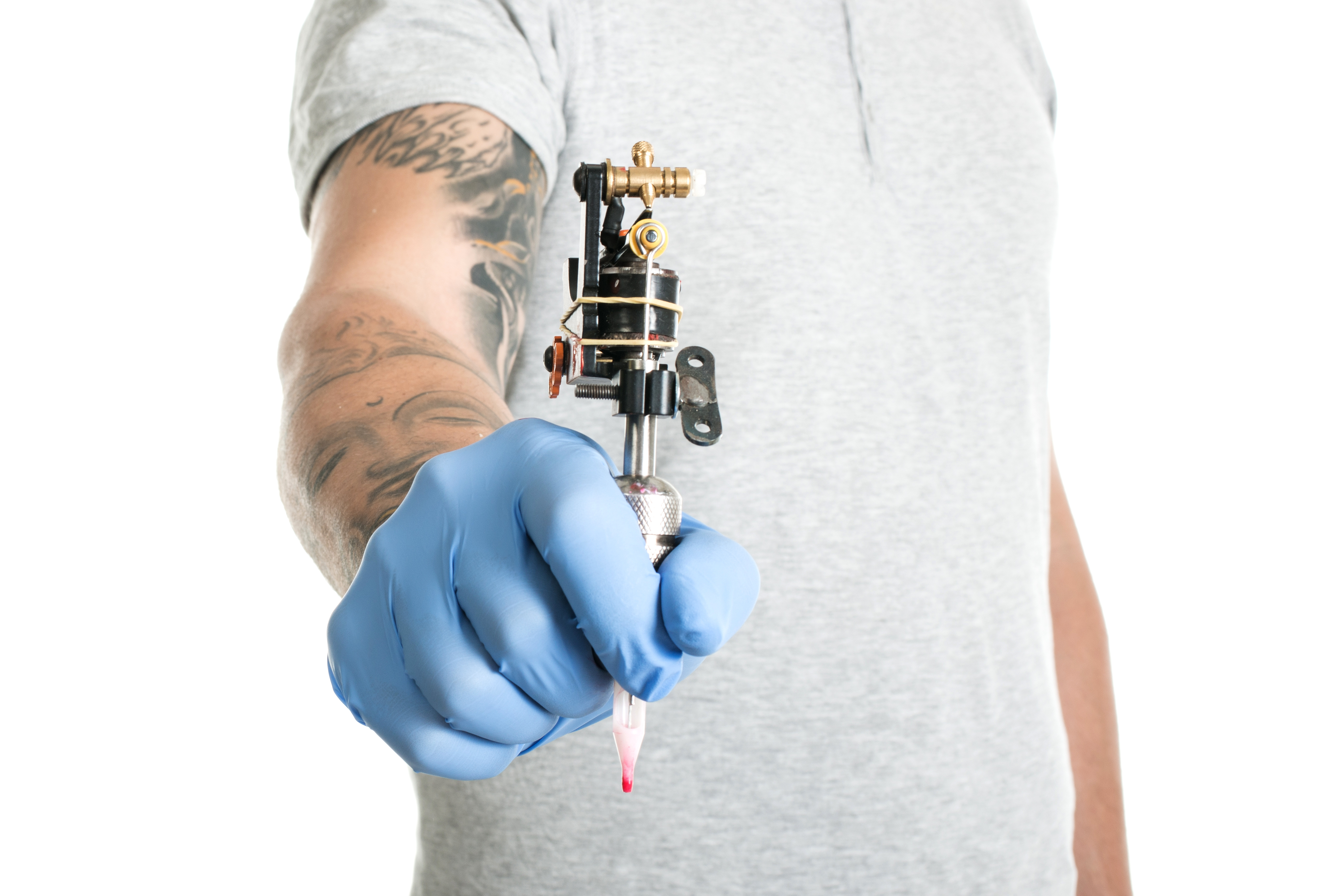Spur of the moment or carefully planned, defining your style or homage to a loved one – tattoos have become increasingly popular to the point where 1 in 5 Americans now get ink! “Commitment is the understatement,” says Dr. Adam Mamelak, a board certified Dermatologist in Austin, Texas. Regardless of how the decision is made, Dr. Mamelak does advise doing everything possible to ensure tattooed skin is kept just as healthy as areas that don’t have ink.
Tattoos require special aftercare to keep them vibrant, decrease scarring and to avoid potential skin reactions. Yet Dr. Mamelak stresses that individuals with tattoos should not think they are exempt from these sun protective behaviors, and should continue regular skin cancer screenings.
Here are a few things to think about to ensure your tattoo doesn’t give you problems.
- Keep it professional. Licensed tattoo artists and parlors must adhere to a number of specific regulatory health guidelines. Infections from dirty needles do occur. “I’ve seen ringworm develop as a direct result of an infected needle,” says Dr. Mamelak. Whether these are local skin infections like tinea or cellulitis, or more severe systemic problems like hepatitis, using a professional will ensure the utmost care and diligence is being used on your skin.
- Not all inks are created equal. “Some tattoo inks do not agree with everybody,” informs Dr. Mamelak. There are a number of cases where severe allergic reactions to tattoo ink has been reported. Red inks are the most common culprits, but these reactions can literally occur with any color. Dr. Mamelak notes that these reactions can be difficult to treat. As long as the inciting tattoo remains on the skin, the reaction can persist.
- Be mindful of your moles. Atypical moles and suspicious spots on the skin can be warning signs for skin cancer. “When we examine the skin, we use specific clinical criteria to help determine if a change in a mole is worrisome or benign,” says Dr. Mamelak. “After these skin lesions have been injected with ink, it can be very difficult to decipher these changes.” Also, if a skin biopsy is warranted to further evaluate a lesion, a portion of the tattoo will likely be sacrificed. Dr. Mamelak advises trying to avoid skin with suspicious spots altogether when deciding on your tattoo placement.
- Aftercare is important. Caring for a fresh tattoo is critical to ensure the best and most vibrant results. Follow your tattoo artist’s directions carefully. Neglecting to care for your tattoo can lead to infection and unwanted scarring.
- Tattoos are not sunscreens. “In many ways, tattooed skin is more vulnerable to sun damage and skin disease than undecorated skin,” notes Dr. Mamelak. “Just because there’s ‘color,’ it doesn’t mean you are protected from the sun.” Tattooed skin is just as likely to get burned as your non-inked skin, and needs sunscreen and sun protection just like other areas of the body. The sun also has the ability to fade a tattoo. Protecting the skin not only keeps the skin safe, but also preserves the quality of the tattoo.
A Dangerous Cover Up?
Tattoo placement is something that needs to be considered carefully. It’s not just about whether you want an arm or ankle tattoo, but the state of the skin should also be looked at. “Artists are often challenged when tattooing over scar tissue or thin skinned areas,” says Dr. Mamelak. “However, skin spots, growths and moles should also be considered.”
Detecting skin cancers, like malignant melanoma, can be difficult when the skin is tattooed. Tattoo ink changes the skin color, which can also covering up or even change the appearance of moles. “Changing moles are a major concern in dermatology, if we can’t see them or properly evaluate them, it can make skin cancers harder to diagnose.”
A medical study published in the Journal of the American Medical Association, found that tattoo removal can also create an issue when screening for skin cancer. “Tattoo removal, in general, involves removing pigment from the skin,” says Dr. Mamelak. “This can also remove the pigment in the moles, and hence distort the key features that help us detect skin cancer.”
When considering a tattoo, be sure to inspect you skin for suspicious looking moles or skin lesion. Consider seeing a dermatologist for a professional skin screening prior to your tattoo. This allows a trained physician to evaluate the area before it is covered.
Dr. Mamelak treats melanoma and skin cancer patients at Sanova Dermatology and The Austin Mohs Surgery Center.
Contact Us
If you have any questions regarding your tattoo, skin care or skin cancer, please contact us at Sanova Dermatology to set up your appointment today.
Join Us

